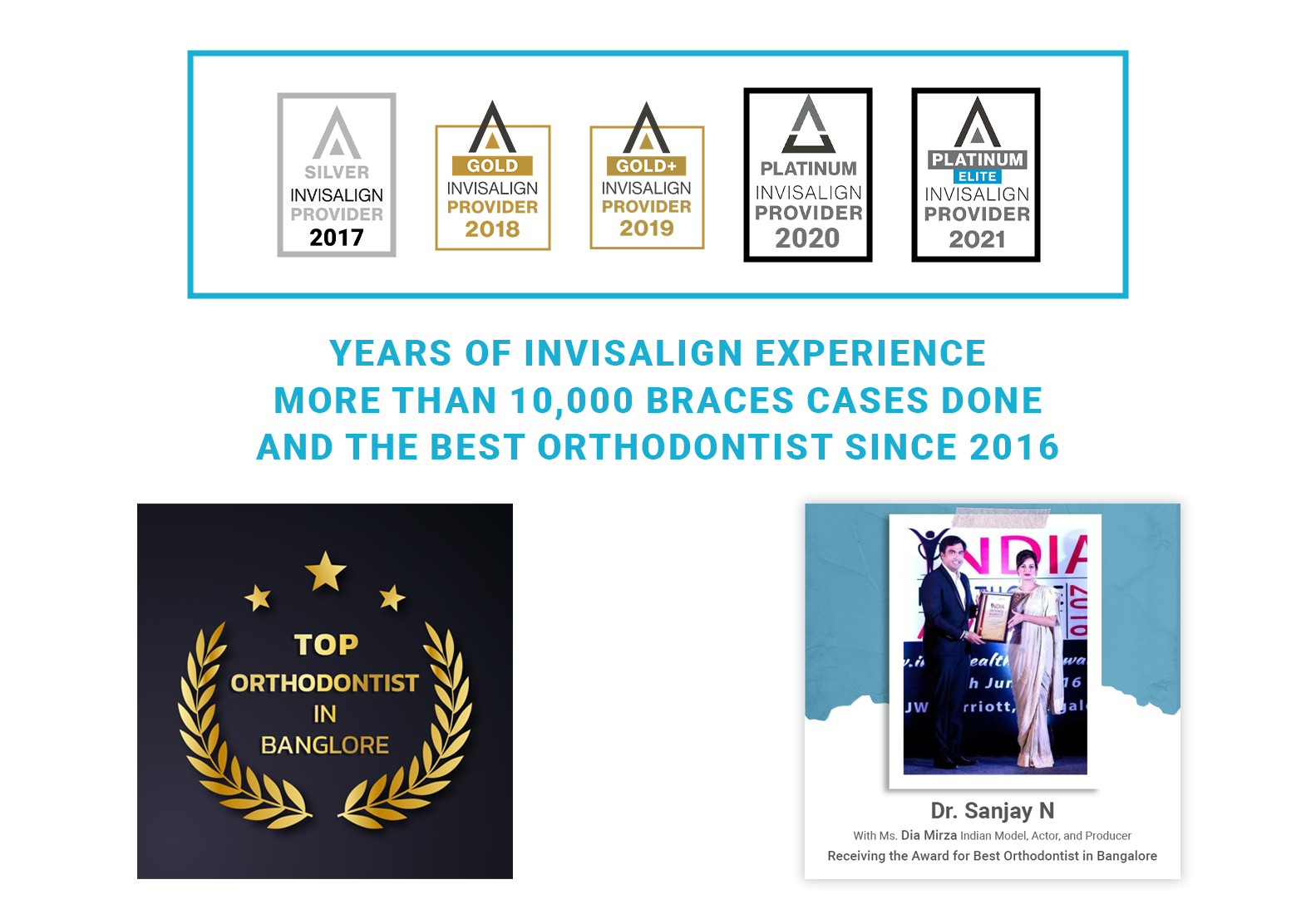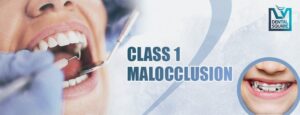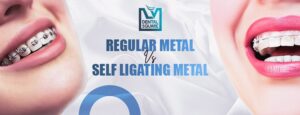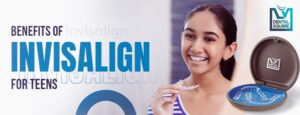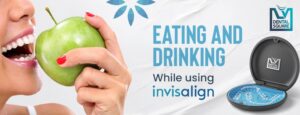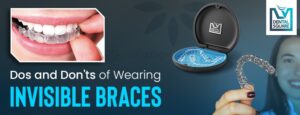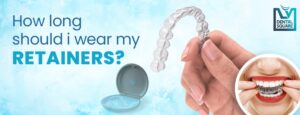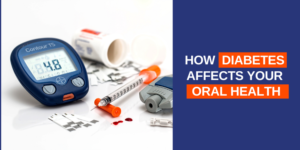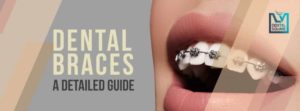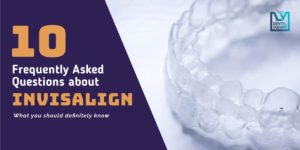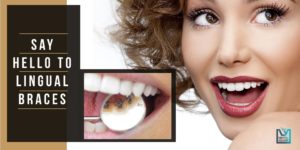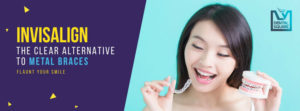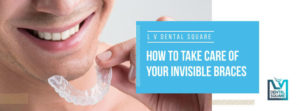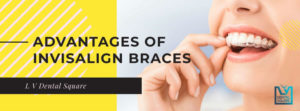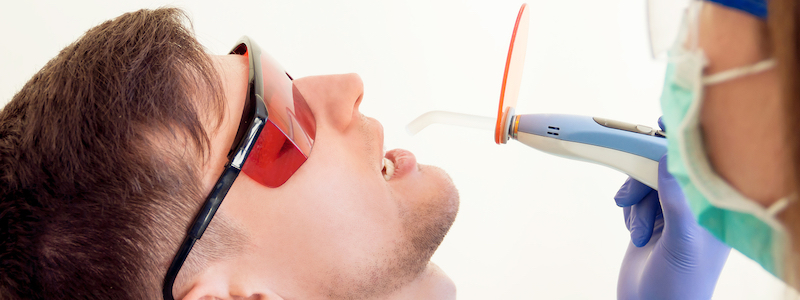
What are Dental Sealants?
Dental sealant is a plastic coating painted on the chewing surfaces of teeth — usually the back teeth (the premolars and molars) — to prevent tooth decay. The sealant quickly bonds into the depressions and grooves of the teeth, forming a protective shield and creating a smooth surface over the enamel of each tooth. Dental sealants are placed as soon as the adult molar teeth come through.
What is a dental sealant made of?
Dental sealants are a plastic material, which quickly bonds into the depressions and grooves of the baby teeth or premolar teeth at the back of the mouth teeth. It forms a protective shield over the enamel of each tooth.
Dental Sealants procedure
It is a simple and painless process to apply the sealant on each tooth.
- We will thoroughly clean the teeth that are to be sealed.
- Cotton or any extra absorbent material is used to keep each tooth dry.
- An acid solution is applied on the chewing surfaces of the teeth, which roughen them up, and helps the sealant to bond to the teeth better. Then the teeth are rinsed and dried. The sealant is then put onto the tooth enamel, where it bonds and hardens. A special curing light is used to harden the sealant.
How long do sealants last on your teeth?
Even though sealants do wear out naturally and might get damaged over time, they can protect the teeth from decay for up to 10 years. The longevity of the dental sealants also depends on the type of material used. Fissure sealants are checked during routine dental visits to ensure that they are free of chipping or wearing and are retained on the teeth.
Dental Sealants Types
Modern dental sealants are classified into two main categories, depending on the type of reaction that takes place as they set in the mouth. They are either resin based or glass ionomer based.
Glass ionomers pass through an acid-base reaction as they are set, whereas composite resins are set through a polymerization reaction. Hybrid materials such as polyacid-modified resin or compomer have the characteristics in between resin and glass ionomers. Resin-modified glass ionomers and polyacid-modified resins are set by a combination of acid-base reaction and polymerization reaction. There is increased fluoride release and increased acid-base content in glass ionomer while there is increased light cure percentage and increased flexural strength in composite resin end.
The advantages of Glass ionomers are that they contain fluoride and are less moisture sensitive. So despite having poor retention, they can prevent occlusal caries even after the sealant has fallen out due to their fluoride-releasing property.
We give our patients specific instructions on how to clean your teeth for the rest of the day. Be sure to follow those instructions carefully. Usually, patients return to their normal brushing and flossing routine the next day, and they need to be careful.
Regular cleanings and dental visits twice per year are still required to maintain dental health. Sealants do not provide protection against gum disease, gingivitis, oral cancers, and other dental problems.
LV Dental Square would love to help you and your family with all your dental needs, including sealants. Give us a friendly call for a consultation today!

